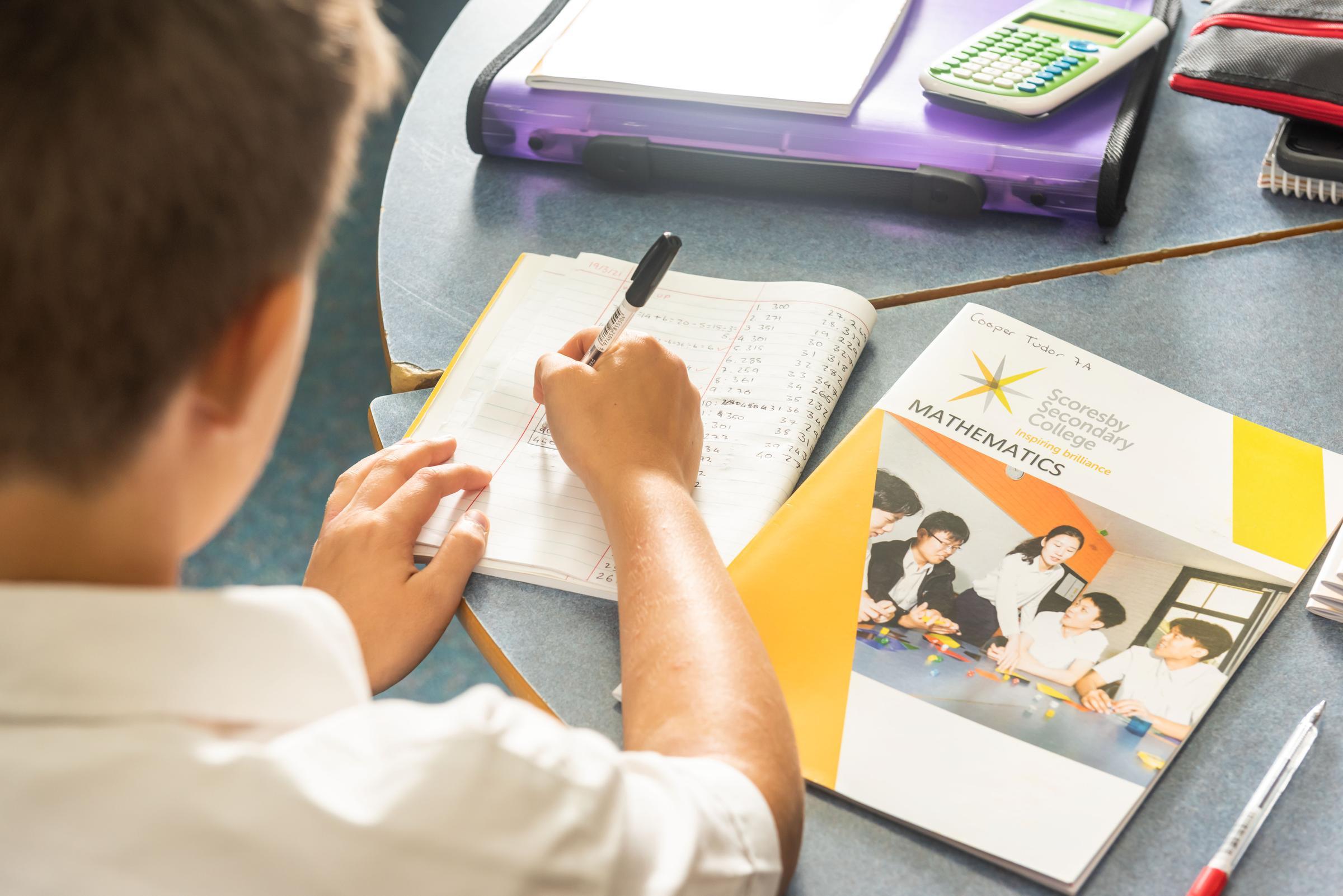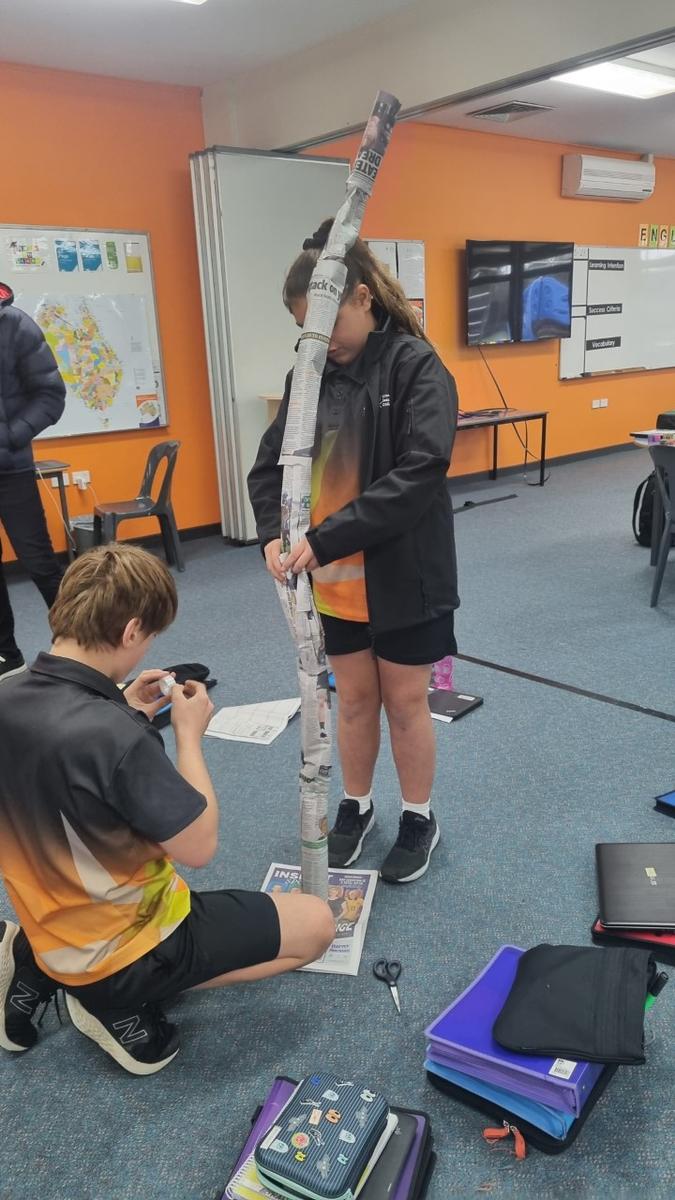Mathematics

End of Term 1
Mathematics
As Term 1 comes to a close, we are reflecting on the fantastic learning growth achieved by all students. Year 7-9 students have just completed their Statistics units, next term they will be learning about Probability. Year 10 students have completed Probability and will be moving on to Financial Math and Algebra.
Students in different year levels have been completing a range of problem-solving and collaborative learning tasks. These required students to apply their critical thinking, and communication skills and further develop their S.T.E.A.M skills. Students really enjoy applying their mathematical skills to real life situations and being challenged.
Reflection from Year 7
During the last couple of weeks of Term 1, the year seven students delved into the unit of statistics, including on how to find the mean, median, mode, and range. The year seven students also learned how to read and record information on frequency tables, stem and leaf plots, and back-to-back stem and leaf plots. In class we did some fun rich tasks. We measured our heights and gathered data in the classroom to create stem and leaf plots. We also used real-life data from a range of sports. We also did a fun group activity where we build a tower out of newspaper.
The purpose was to work as a team using S.T.E.A.M. We measured the heights of the tower and created a stem and leaf plot. Students who had the tallest tower got a small prize.
Ethan Vi
Year 7
Take advantage of math in the world
Easter Holidays is a great time to learn how math relates to the real world. Math is everywhere! Below are a few ideas to get you started:
- Cooking can involve weighing, measuring, ordering, estimating, adding, multiplying …
- Restaurants and shopping can involve money, number identification, estimating, adding, subtracting, division …
- Parties can involve matching numbers of people to plates, cutlery, area of tables, estimation,
multiplication … - Trips can involve time, distance, budgeting, speed, evaluating various routes, license plate games (e.g. adding or multiplying the numbers on the plate) …
- Home projects can involve estimation, measuring, multiplication …
- Gardening can involve measuring, counting, area, division …
These ideas all demonstrate how much maths is involved in our daily lives and will support your child in his or her basic computation and problem-solving skills in natural, fun and real ways.
Ms Michelle deBoer
Mathematics Leader




